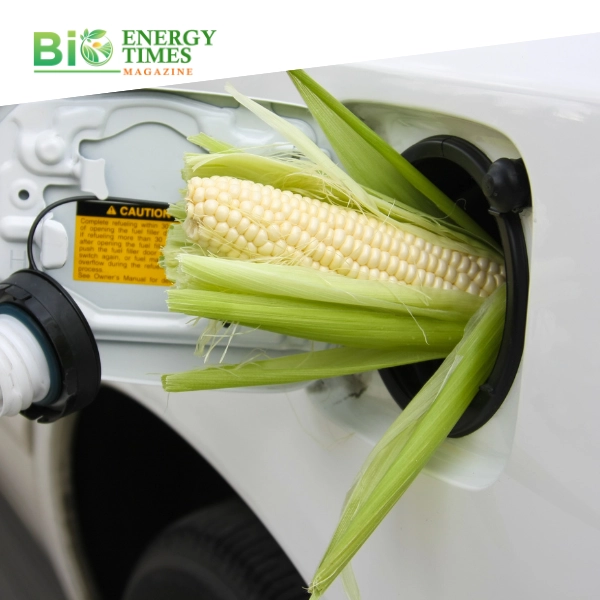India’s ethanol sector is poised at a critical juncture, grappling with challenges while navigating promising opportunities in the renewable energy landscape. The country’s ambitious targets for ethanol blending in gasoline have sparked interest and investment in ethanol production, yet several hurdles remain along the supply chain.
One of the primary challenges facing India’s ethanol industry is the availability and pricing of feedstocks, particularly sugarcane, which serves as the predominant source of ethanol production. Variability in sugarcane yields due to weather conditions and agricultural practices can impact ethanol output, highlighting the need for diversification into alternative feedstocks like molasses, corn, and biomass residues.
Infrastructure constraints also pose significant challenges, with inadequate storage and distribution facilities hampering the seamless integration of ethanol into the fuel supply chain. Addressing these infrastructure gaps will be crucial to ensuring reliable ethanol supply and maintaining compliance with blending mandates across the country.
Despite these challenges, India’s ethanol sector presents numerous opportunities for growth and innovation. The government’s supportive policies, including financial incentives and regulatory reforms, are expected to catalyze investments in ethanol production infrastructure and technology. Moreover, increasing consumer awareness and acceptance of ethanol-blended fuels are likely to drive market expansion and create a sustainable demand for ethanol in the transportation sector.
As stakeholders collaborate to overcome challenges and capitalize on opportunities, India’s ethanol industry holds immense potential to emerge as a key player in the global renewable energy arena, contributing to economic development, energy security, and environmental sustainability.



